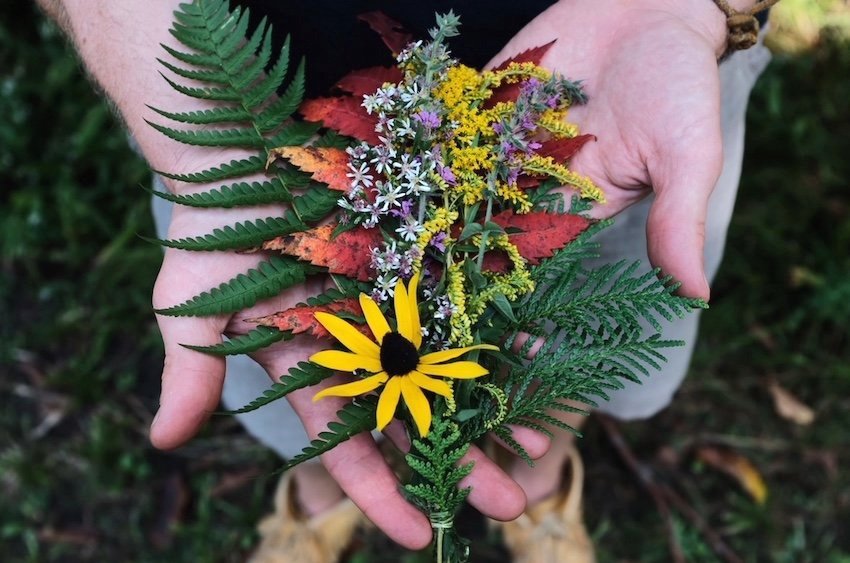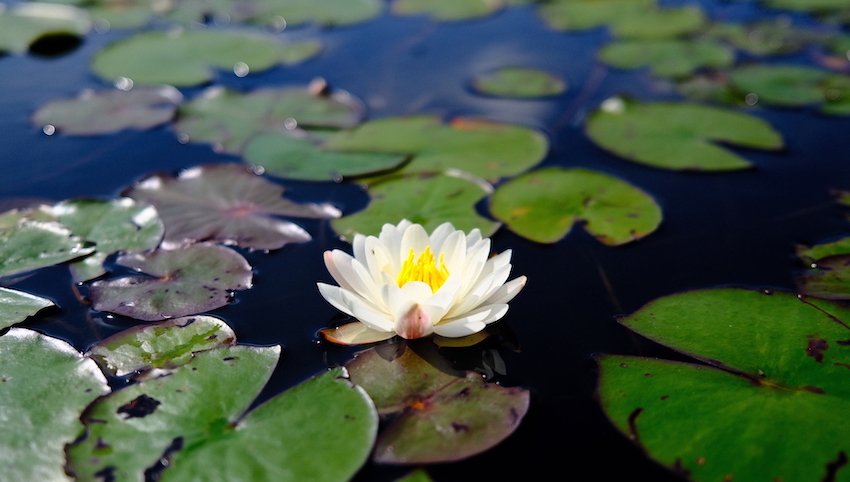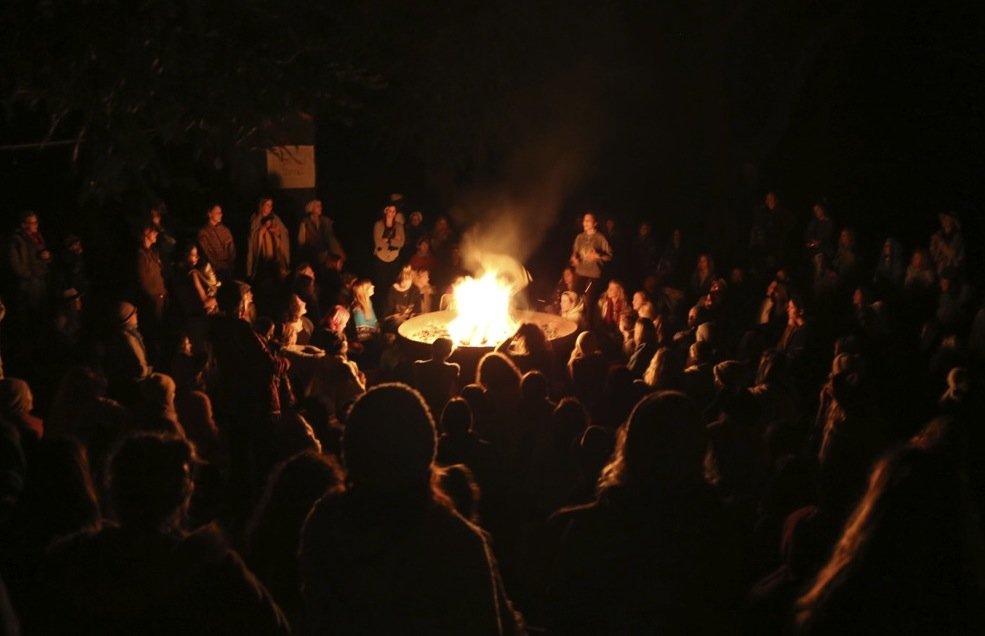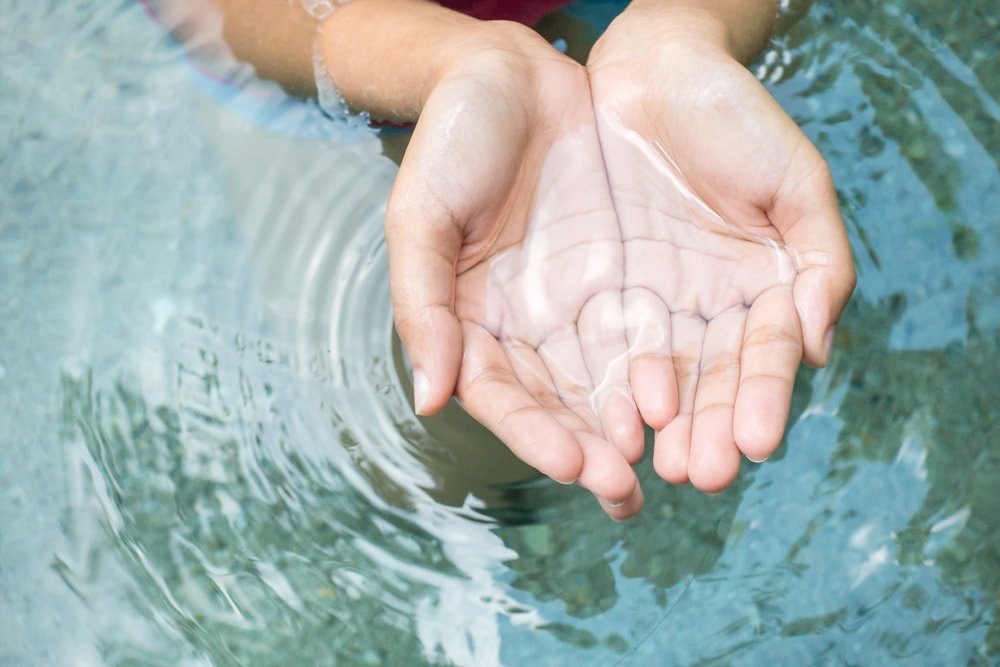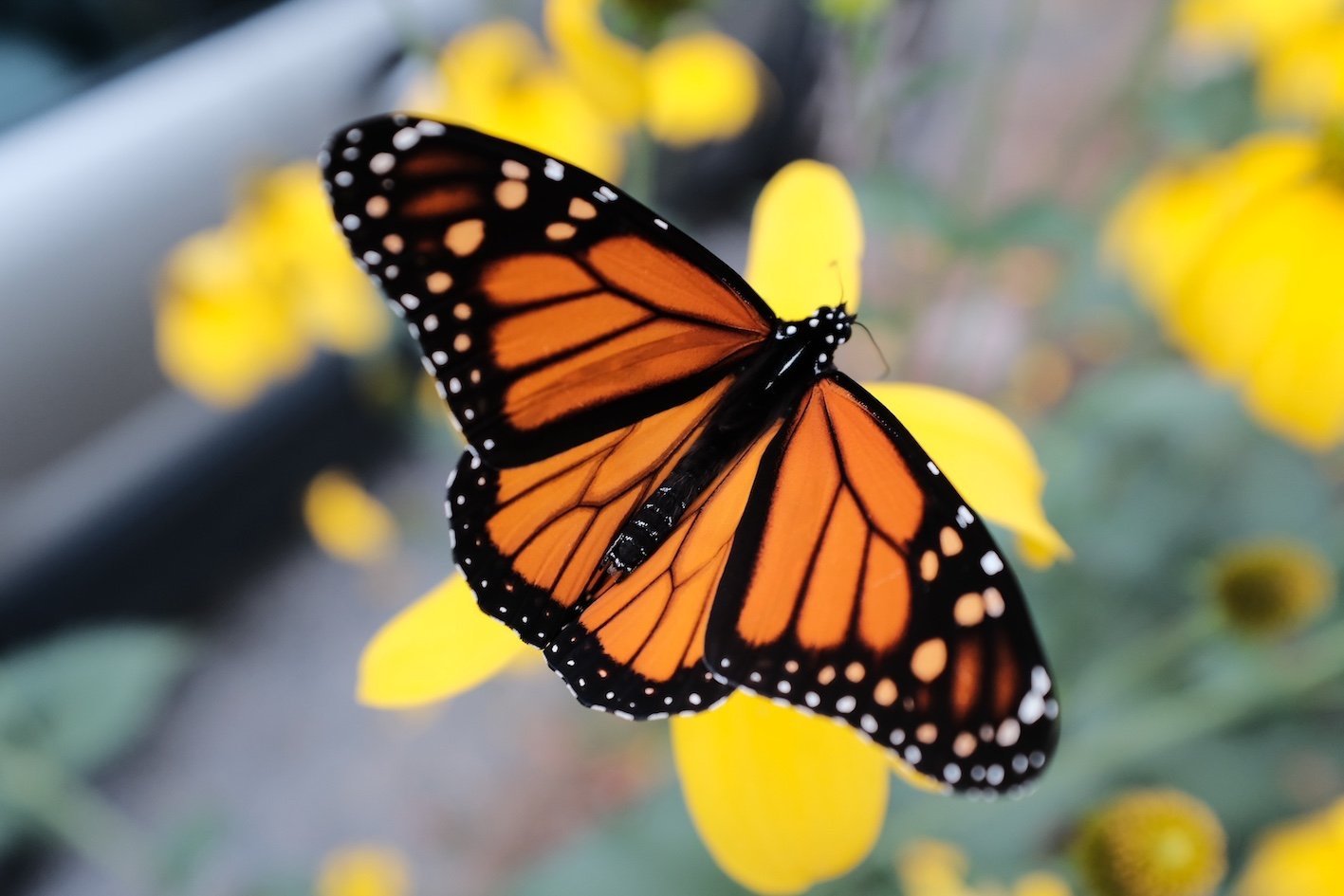Communal Grief Retreat
Camp Kawartha Environment Centre
Nogojiwanong (Peterborough), Ontario
Facilitated by Mila Redwood & Michael McCarthy
Next Date: To-be-determined
“Grief and love are sisters, woven together from the beginning. Their kinship reminds us that there is no love that does not contain loss, and no loss that is not a reminder of the love we carry for what we once held close.”
We aren’t meant to grieve alone. All of us come from a lineage of ancestors who, in their own unique ways, came together to grieve communally. In many traditional cultures, tending grief collectively was often the “glue” that held communities together. By grieving in a communal space, we can metabolize our sorrows into fertile ground, making way for a renewed sense of connection, belonging, and joy.
Grief is as natural a part of being human as joy, and honours the losses of what we loved: family, friends, jobs, relationships, situations, etc. Many of us are also grieving collectively for the planet, for humanity, and for those things that we expected in life but did not receive. Grief has many shapes and forms, and we will come together to honour the vast spectrum of what grief can be.
Part workshop, part ritual, this gathering will blend song, poetry, deep listening, simple movement, humour, and compassionate presence to allow our sorrows to find their way to a renewed sense of connection, belonging, and joy. By creating a community of care and understanding together, through our heartful attention to each other, we will prepare the way for grief to move through us and to mysteriously create the courageous passageways for us to carry on.
Our day together will build towards an afternoon grief ritual. Throughout the day, we’ll use community singing as a tool to connect with our personal and collective grief. There will also be time for personal reflection and individual sharing in the group as a whole. After lunch, we’ll share in the creation of a grief altar, a place of beauty and meaning that will hold our sorrows during the afternoon ritual. After the ritual, we will come together to integrate and harvest the stories from our experience.
Moving into a communal grief tending space means that we might touch the edges of our wild sorrow, our rage at injustice, or might feel a familiar childhood fear as another participant touches on their grief. Safety is something that we will talk about to establish codes of conduct with one another, and safety might be something you consider before attending: when someone expresses their sorrow or rage, how can I stay connected to myself and my experience?
This retreat is open to all genders, and people who are 18 years of age and more. Bring a water bottle, journal, pen, and your beautiful selves. Please know that you are welcome however you are – tired and weary, fully ablaze in your brilliance, or anywhere in between. No singing experience is required.
Facilitators
Mila Redwood is a community song-leader, mother, and the founder of Sing for Joy in Toronto. Mila uses song as a tool for building community, for restoring our sense of belonging and connection in the world. In 2014, she went to her first community grief ritual that was held by her mentor, Laurence Cole. In that one night of singing, sharing, witnessing, and wailing, she came to understand the profound healing that’s possible when we come together to tend our sorrows in community. Since then, she has attended over 20 community grief rituals with Laurence, as both a participant and helper, and is grateful for the way that these spaces bring us home to a renewed sense of aliveness and joy.
Michael McCarthy is a registered social worker, therapist, nature connection mentor, and father. Michael seeks to co-create spaces that foster safety, vulnerability, and courage through compassionate presence. As a participant in various Indigenous ceremonies and a helper in grief rituals with Laurence Cole, Michael is struck by the strength of community and the simple truth that we need each other. Sharing grief in community grants us the permission to see the beauty in the falling apart, the presence in the questions, and the grace in not knowing where my next step might take me.
Together, Mila and Michael have completed a grief ritual training program with Francis Weller, and have received mentorship from Laurence Cole in facilitating community grief rituals. The lineage of these rituals stems from the work and legacy of Sobonfu and Malidoma Somé, Francis Weller, Joanna Macy, and Martin Prechtel.
If you would like to listen to an interview with Mila and Michael where they speak about community grief rituals, you can listen and read this article from Trent Radio.
Location
We are fortunate to hold this gathering at the inspiring and beautiful Camp Kawartha Environment Centre. Located next to Trent University’s stunning wildlife sanctuary lands in Nogojiwanong (Peterborough), the Camp Kawartha Environment Centre is renowned as one of the most innovative and sustainable building designs in all of Canada. Nestled amongst two hundred acres of cedar forest, with a crackling fire in the woodstove, we’ll gather in this warm and welcoming sanctuary for a day of tending our grief together in community.
There are parking spaces available onsite for those driving, as well as public transportation options. For those who are coming from out of town, there are a number of AirBnbs within a 10-minute drive of the Camp Kawartha Environment Centre. The Environment Centre is wheelchair accessible. Please let us know if you have any additional accessibility needs.
Tuition & Registration
Tuition: $135, or pay what you can. Tea, coffee, and snacks provided. Please bring your own lunch.
It is our goal that this workshop be accessible for all those who feel drawn to attend. If you would like to learn more about our scholarship and sliding scale spots, please contact Mila at: mila@singforjoy.ca.
For those who are able to pay the full tuition, it supports us to cover our costs and ensure that our team is resourced to offer this work.
If it would be helpful to have a brief phone conversation, to determine whether this gathering is the right fit for you, you’re welcome to contact Michael at: pathofbelonging@gmail.com.
Cancellation & Refund Policy:
A refund will be issued if notice is received by November 10th, minus a $10 admin fee. No refund will be issued for cancellations after November 10th, unless it is due to illness. For cancellations up to November 23rd due to illness, we will offer you a full refund minus a $10 admin fee. If the workshop is cancelled by the host, you will receive a full refund.
Colds, Flus, & Covid
Tending our grief communally can be a vulnerable process, and we want to make the space as safe as possible, emotionally and physically, for us to tend our grief together.
In an effort to keep everyone healthy, we ask that you stay home if you are sick, or have tested positive for covid in the five days before, or have had an exposure with someone who has tested positive in the past five days. If this is the case, you will be offered a full refund, minus a $10 admin fee.
The Environment Centre is equipped with an air purifier, and windows that will be cracked open for ventilation.
Masking is optional and welcome. For the purpose of creating a strong container for our day together, Mila and Michael will not be wearing masks.
As we continue to navigate these post-pandemic times, we warmly encourage everyone to check in with each other before hugging, hand shakes, and even close-talking. We all come with different comfort levels, and we trust that we can navigate this terrain together throughout our day.
We respectfully acknowledge that this gathering will take place on the traditional territory of the Michi Saagiig Anishinaabeg. This area was originally called Nogojiwanong, Ojibwa for “place at the end of rapids”. We will gather near the shore of the Odenabe River, which was a gathering place for Indigenous people. Odenabe, or Otonabee, means the“river that beats like a heart”. We strive to learn to recognize our part in the ongoing history of colonization, and to understand how our community can work towards reconciliation, repair, and uplifting indigenous values and traditions.
